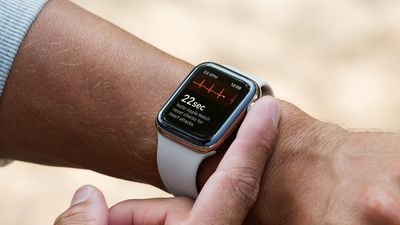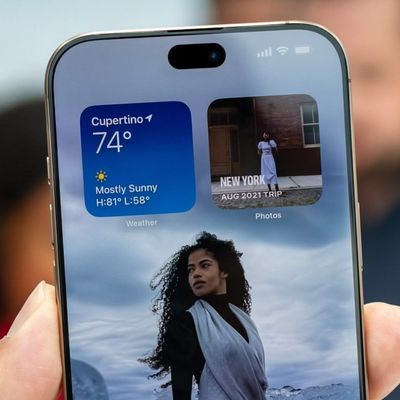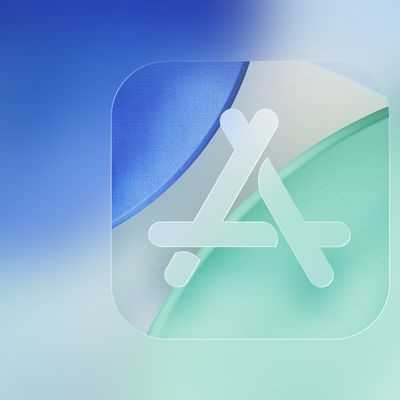The Apple Watch's irregular heart rhythm notifications have been approved in Australia, indicating that approval for the ECG feature may be soon to follow after years of waiting, according to EFTM.

Documents seen by EFTM from Australia's Therapeutic Goods Administration show that the Apple Watch's irregular rhythm notifications feature has now been approved and added to the Australian Register of Therapeutic Goods. While this does not mean that the ECG function has been medically certified for use in Australia, it concretely proves that Apple has begun submitting its devices and software to Australian regulatory authorities for approval.
The irregular rhythm notification feature intermittently checks heart rhythm in the background and sends a notification if an irregular heart rhythm is identified that could potentially be atrial fibrillation (AFib). Upon receiving a notification, users in territories where the feature is approved can immediately launch the ECG app and perform a more comprehensive test in just 30 seconds by placing their finger on the Digital Crown to generate an ECG waveform. The irregular rhythm notifications and ECG feature therefore work hand in hand, so it seems unlikely that one feature will be approved long before the other.
Atrial fibrillation is a health condition that often goes undiagnosed, so ECG app and heart rhythm alerts on Apple Watch are highly useful for detecting early signs of disease. ECG readings also normally require a full ECG machine and a visit to the doctor, which is far less convenient than a reading taken with the Apple Watch.
Apple routinely has to gain approval from government health agencies before making the Apple Watch's ECG feature available in different countries. Apple won U.S. FDA clearance to promote and launch the function when the Apple Watch Series 4 was released in 2018. Over two years later, the feature is still not available in Australia.
Last year, the Withings ScanWatch, which similarly features the ability to take an ECG, was approved in Australia, so it is not clear why it is taking Apple so long to apply or gain approval. Regardless, the irregular rhythm notifications approval is the strongest indication yet that the ECG feature is finally edging toward regulatory assent in Australia.




















